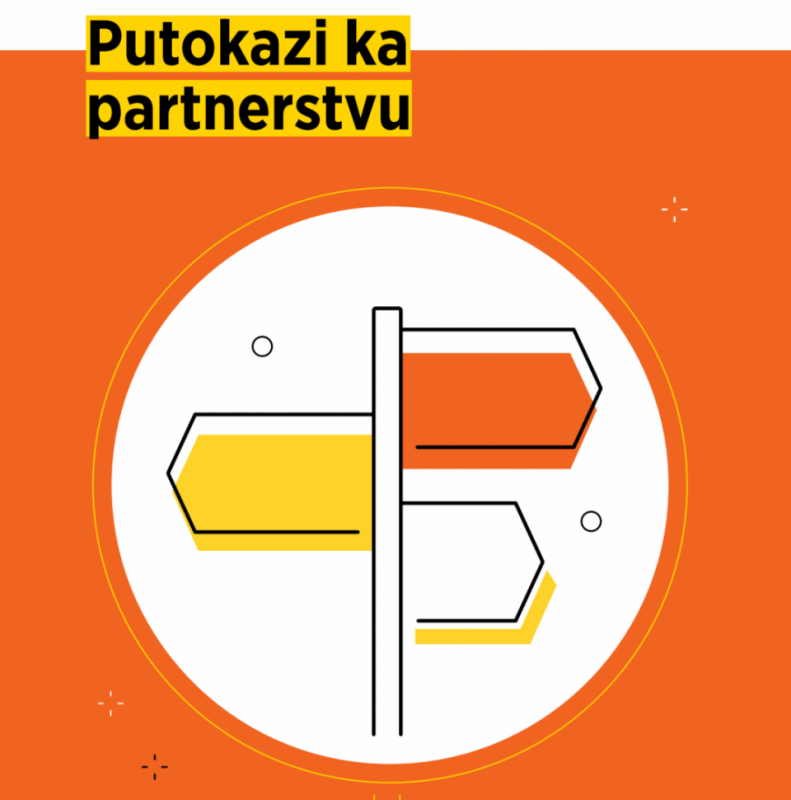Why do we collaborate? For many years, the Belgrade Open School team has been continuously working on strengthening the capacities of the civil sector, its professionalization and establishing it as an equal actor standing shoulder to shoulder with the public and private sectors. In these efforts, we have conducted several surveys and analyses that aimed to examine and reveal the capacities of civil society organizations to advocate publicly, but also to openly engage in dialogue with public authorities. Guided by the idea that dialogue and cooperation are some of the main drivers of positive change in society, and that the need for change strengthens democratic capacities, we came to the question of how can change be encouraged in order to build a better society based on freedom, knowledge and innovation?
The answer we have come to is – through partnerships. Although there is no concrete data to confirm this, the main impression is that there are not enough partnerships in our society. By this we mean all forms of partnerships and cooperation, but what particularly attracted our attention is related to cross-sectoral cooperation, that is, cooperation between two economic sectors – profit and non-profit. At first glance, it can be assumed that these two sectors do not have much in common. Some compete in the market, others in public competitions. Some work to maximize profits, others to make positive changes in the community. Some respond to shareholders and consumers, others to donors and citizens.
In this regard, before you is an analysis that was created as a result of the need for more partnerships, but also more advocacy. The analysis seeks to examine cooperation between the business and civil sectors, whether it exists, what is the nature of the relationship, what motivates them and what obstacles members of both sectors face while cooperating.
The research was conducted in 3 segments:
1) desk analysis of previous research at the international and national level,
2) focus groups with representatives of civil and business sector representatives in Belgrade, Novi Sad, Niš and Uzice with the aim of achieving the most balanced geographical distribution and
3) case studies with representatives of the business and civil sector selections that are examples of successful cooperation.
The end product of our research are concrete recommendations on how to improve cooperation between the business and civil sectors.
Download the PDF. (in Serbian language)

 381 60 30 65 800
381 60 30 65 800






